When is it time to let go? Is there a certain amount of pain you are willing to endure before you call it quits? How do we know? Do we make pros and cons lists and try to weigh the pain, the damage, the disconnects, versus the joy, the hugs, the connection, the intimacy? And how do we factor in the time we’ve spent “working on it?”
Pros and Cons Lists Are Not a Good Measure
There’s a lot of stuff that can’t fit on a pros and cons list. How do we factor in our deep feelings of love? How do we take into consideration extenuating circumstances that might be causing our partner to act irrationally? By trying to fit a real relationship into a spreadsheet of good and bad, we’re missing the deeper spiritual meaning of being “in love.”
Let’s assume that working on your relationship is a lifetime effort. There’s no soulmate who is going to arrive in your life without issues and baggage of their own. So, we’re going to be dealing with OUR stuff versus THEIR stuff as we navigate our lives together. Sometimes, an event may blow a huge and painful emotional hole in your heart. AND, it won’t likely be the event, or the trigger, that you are most upset about. What we’re feeling when the overwhelm happens, is our past trauma, our past hurts, rising up to enrage or crush us in a flood of emotions. It happens. At this moment, it is each partner’s responsibility to take charge of their own FIRE and FURY and retreat to a quiet and safe place to process their shit. This is our own shit. This is NOT the relationship’s shit. The triggers and the behaviors might be part of the relationship adjustments that need to be made, but the blinding emotions are from some other unresolved pain from your past.
I Can Be Your Trigger, But I Won’t Be Your Target
So let’s say you’re with a partner who tends to get triggered a lot. And their dragons keep showing up in your relationship. A minor disagreement becomes “the end of the relationship,” for example. This is triggered behavior. In an emotionally intelligent person, they can own their altered state and they can ask for a time out. In my case, I will usually retreat to my own space for a bit. Often I will write about what’s tripping my alarm bells. And in Brené Brown’s BRAVING process, it is then my responsibility, as the triggered and reactive person, to come back to the relationship and ask for the repair. This is how trust is built. Even when there is trouble in the relationship, trust can be established and nurtured using the BRAVING technique.
But what if the triggering behavior keeps happening? What if the requests and repairs have been made for weeks on end? And then the triggering behavior continues to happen? Perhaps, if I’m the triggered person, I can go get some help from a therapist. Maybe I can uncover more of what is hurting me from my past. And then, as I keep working on my issues, I am still unable to communicate my needs effectively. Or perhaps, my partner is unable to understand the depth of my pain. Perhaps my partner disagrees with my requests for modification. What’s the solution when triggers continue to happen, repairs are asked for, and behavior modification requests are ignored?
It’s true, I am learning a lot from my triggered emotional response, and I’m being given a chance to examine my trauma again. But, at some point, it’s just being triggered and triggered and I’m going deeper and deeper into emotional debt, and my requests for a change in behavior are not providing any change in my relationship? What are my options?
- I can stay and continue to be triggered, continue to process my own shit, and hope for the best
- I can leave the relationship and seek my intimate connection with a different partner
- I can fight for the change I need
What I know, from being in a relationship with a woman who had been sexually abused, is this: it’s not just going to get better. My partner is not going to spontaneously become a well-adjusted partner. What I have to decide, in the case of my relationship with a woman who was going to require a lot of patience and healing, was how long I was willing to stand-in as her partner. The phrase I learned in my “partners of abuse victims” group was this, “I can be your trigger, but I won’t be your target.”
Should I Stay or Should I Go Now?
What’s bigger than the pros and cons list is how your life and optimism are being affected by the relationship. Good things and bad things being equal, are you hopeful about the future of your relationship? Are there signs that things are changing? Is your partner making the effort to join, release, and repair with you?
How do you feel about the future of your partnership?
If you listen to how you are feeling (if you pay attention to how your heart is feeling: open or protected) you can start evaluating your choice from a deeper level. Yes, perhaps you are being emotionally triggered in order for you to move through and process some of your old shit. And, perhaps, you are just being triggered by someone who is unwilling or unable to make the shift necessary to hold your heart in a sacred space. They may love you, but they may not be able to love you the way you need to be loved.
It’s important to listen to your body. The body does not lie. If you are overweight, stressed out, tired, anxious, your body is telling you something about your life, and in this case, about your relationship.
A few weeks ago I was at a concert for a heavy and dark rock band. I was invited to the show by a friend. I like hard rock. So I was happy to accompany him to the show. But into the second song, I realized I was being physically assaulted by the lyrics, the violent images, and the sheer volume of the show. I could’ve stayed. I could’ve managed my physical freakout. But I understood, by song number two, that I could also get up and leave. I had the choice:
- Stay and suffer
- Leave and be released
Sometimes the choice is to leave. Only your heart and your feelings can guide you to the right decision. But once you know, once you’ve felt the release from a painful and toxic situation, you can relax into what’s next.
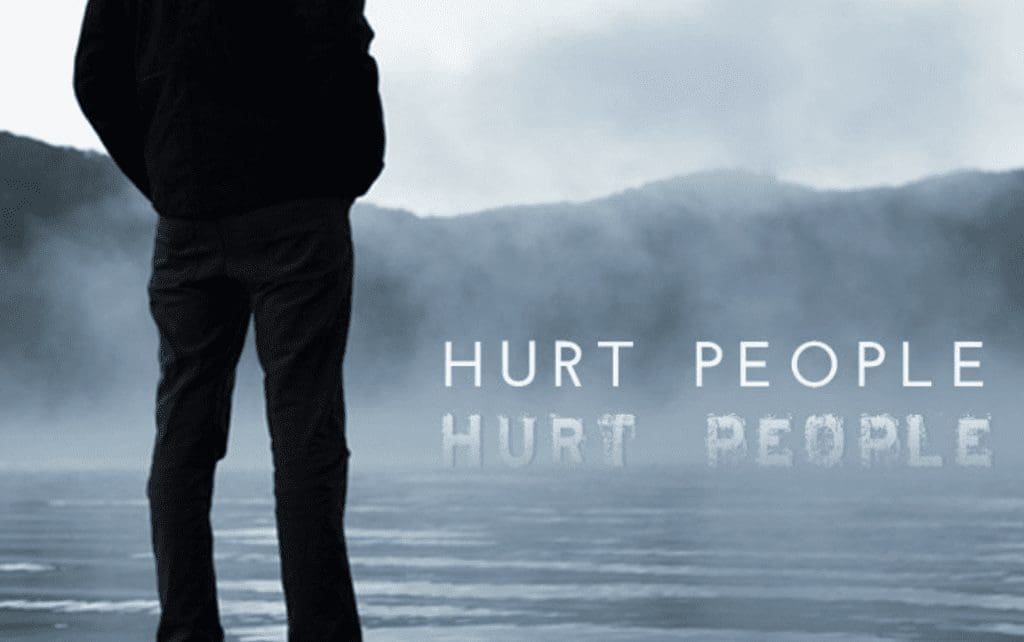
Broken Relationships with Broken People
It is not our job to fix broken relationships or broken people. Our job is to show up in the arena of a relationship and do the best we possibly can to love and be loved. When that is no longer possible, it’s time to move along and try with someone else. Only you will know which choice is right.
Namasté,
John McElhenney – life coach austin texas
Facebook | Instagram | Pinterest | @wholeparent
You can find all of my books on AMAZON.

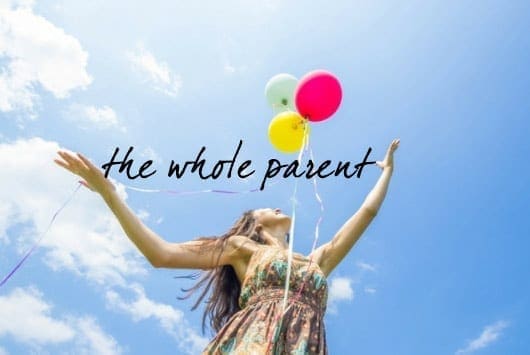

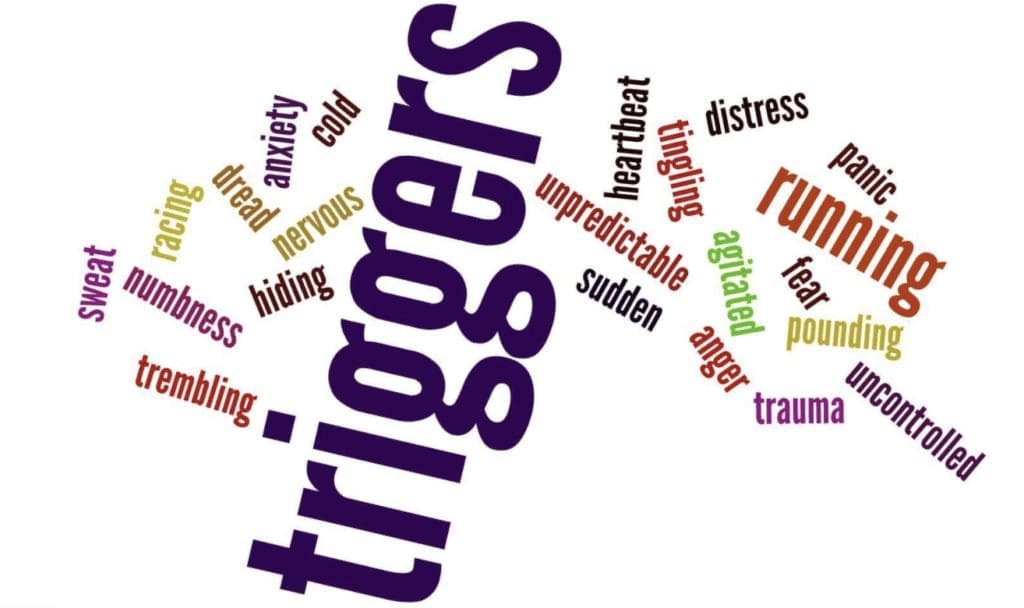

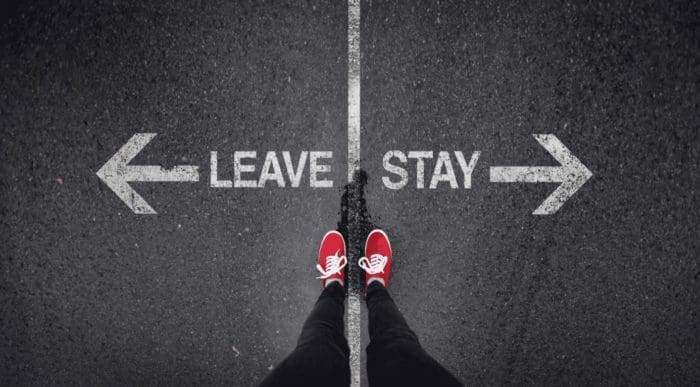
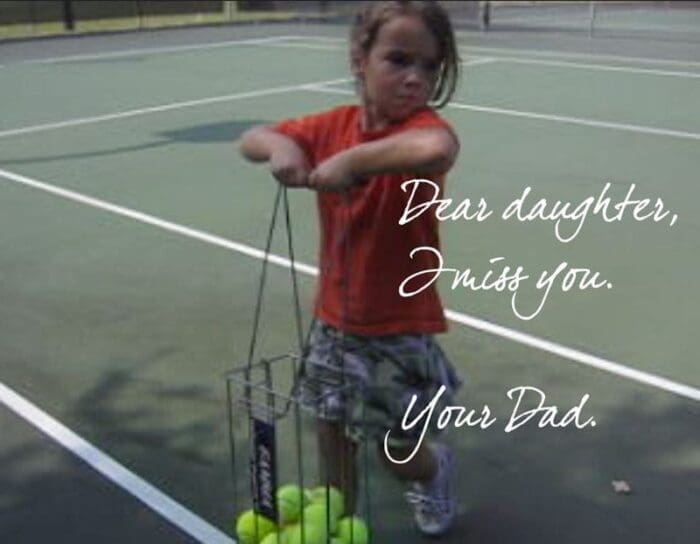

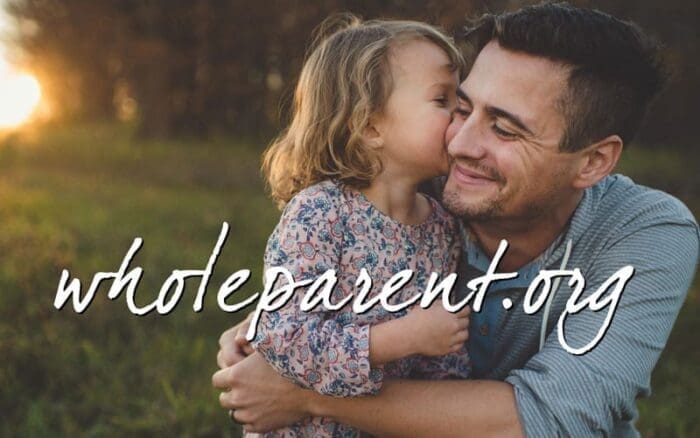
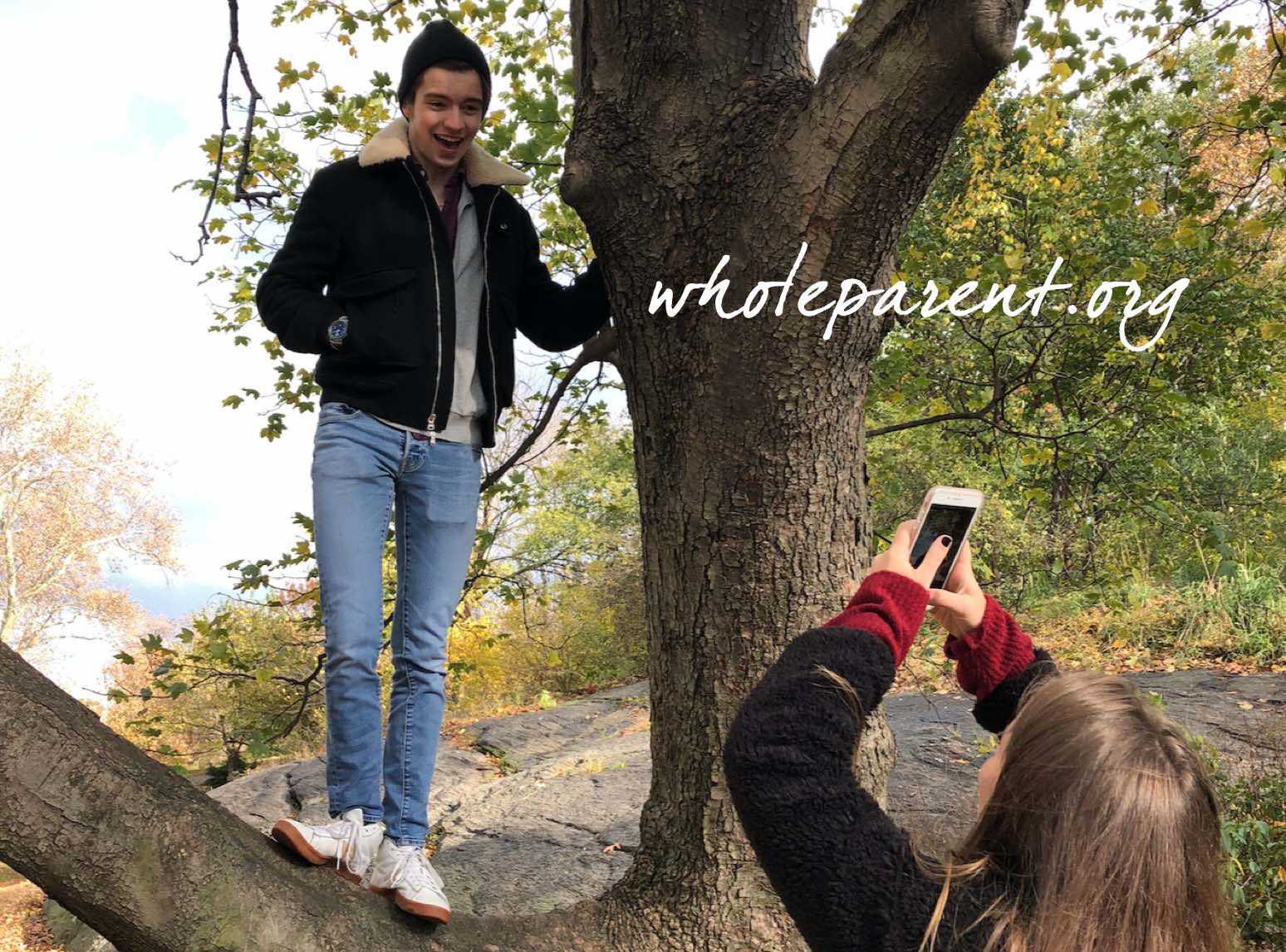


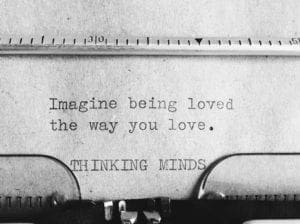
Related posts: